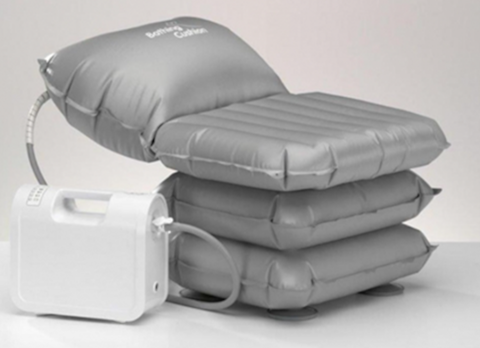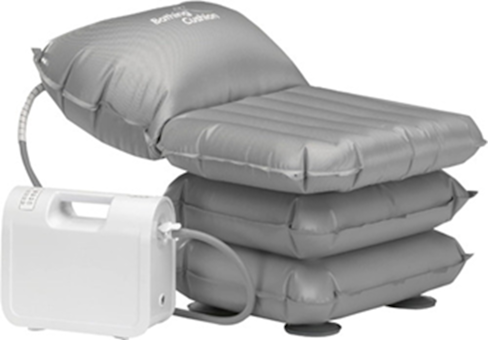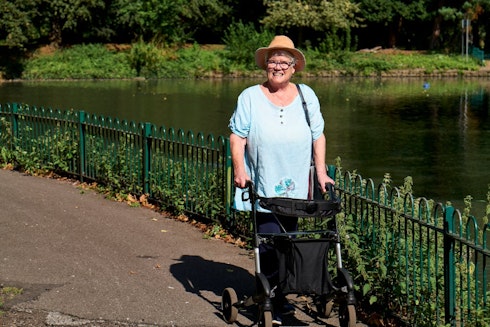
14 Apr 2025
For Help and Advice call: 01524 888453
Our blog27 Mar 2025
Mobility is essential for independent living, but for individuals with physical disabilities, it can be challenging to sustain. However, with the right mobility aids, professional guidance, and lifestyle adjustments, individuals can significantly enhance their mobility and overall quality of life. In this guide, we explore effective strategies to maintain mobility and promote independence.
Maintaining mobility enables individuals to complete daily tasks with greater ease, reducing reliance on caregivers and fostering a sense of independence. Mobility also plays a crucial role in mental health, helping to combat isolation and frustration. Staying active, even in small ways, enhances circulation, strengthens muscles, and supports overall well-being.
Regular physical activity is vital to maintaining flexibility and strength. Gentle exercises such as stretching, seated yoga, and resistance band training can improve mobility without excessive strain. Physiotherapy-led exercise routines tailored to individual needs can be highly effective. Water-based exercises like swimming or aqua therapy are particularly beneficial, as they reduce joint pressure while providing effective resistance training.
Mobility aids can transform daily life for individuals with physical disabilities. Walking aids, including crutches, and rollators, provide additional support, while wheelchairs and mobility scooters offer greater independence for those with restricted movement. Consulting a healthcare professional ensures the selection of the most suitable mobility aid. Regular maintenance and correct usage enhance safety and extend the lifespan of mobility equipment.
A well-adapted home can significantly improve day-to-day mobility. Simple modifications such as installing grab rails, ramps, and stairlifts enable safer movement. Open-plan layouts, slip-resistant flooring, and accessible bathrooms further support independence. Smart home technology, including voice-activated controls and automated doors, can also facilitate daily tasks with ease.
Seeking assistance from healthcare professionals can be invaluable in maintaining mobility. Physiotherapists, occupational therapists, and mobility specialists provide personalised advice, recommend customised exercises, and suggest suitable equipment. Regular medical check-ups help identify potential mobility issues early, allowing for timely intervention and improved long-term outcomes.
Maintaining an active social life is as important as physical activity. Engaging with friends, joining local community groups, or participating in accessible events enhances mental well-being and encourages movement. Many organisations offer inclusive activities specifically designed for individuals with disabilities that promote both mobility and social interaction.
Although mobility challenges can be overwhelming, various strategies can help maintain independence and enhance quality of life. Regular exercise, appropriate mobility aids, home adaptations, and professional support all contribute to improved mobility. Staying socially engaged and adopting a positive mind-set further enhances overall well-being.
For expert advice and resources on independent living, take a look around our website today.
14 Apr 2025
04 Apr 2025
17 Mar 2025

